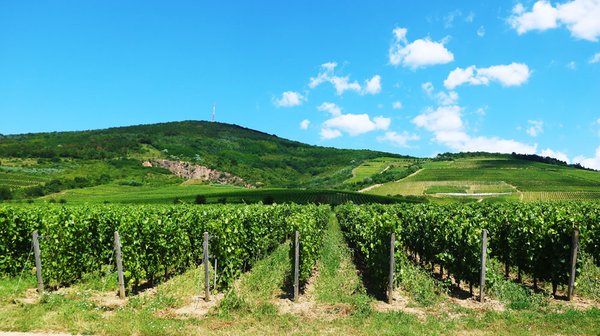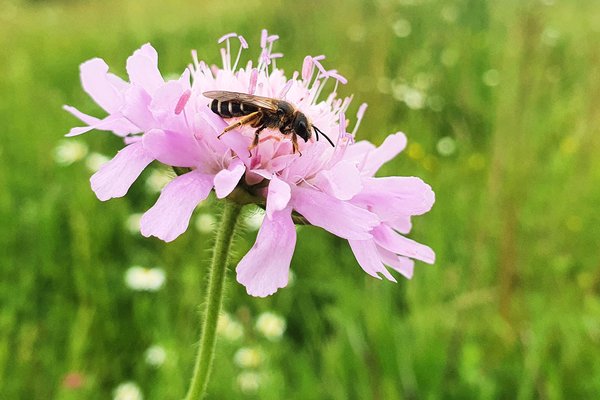Project objective
Viticulture in Europe has to deal with the effects of climate change. Increasing droughts in summer, a high risk of erosion due to heavy rainfall and the immigration of new pests require innovative solutions.
The LIFE VineAdapt project aims to help improve the resilience of vineyard ecosystems to climatic changes. Increasing biodiversity and adapting vineyard manage-ment are crucial for this. LIFE VineAdapt builds on the findings of our predecessor project LIFE VinEcoS.
LIFE VineAdapt has a duration of 5 years. Until June 2025, eight practice and research partners from Germany, France, Austria and Hungary will focus on five work packages. Public relations and knowledge transfer measures will help to transfer the project results into viticultural practice

